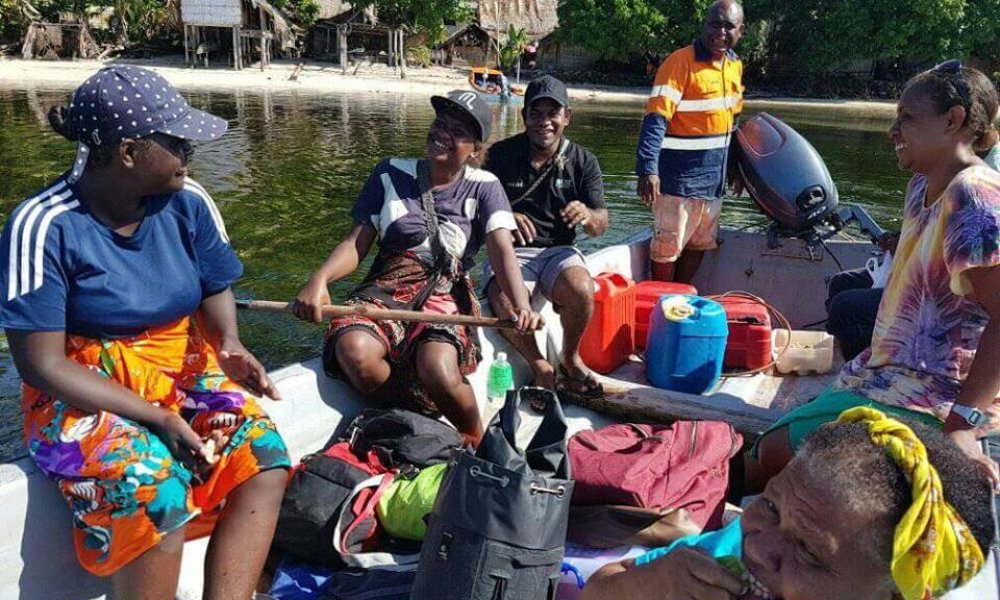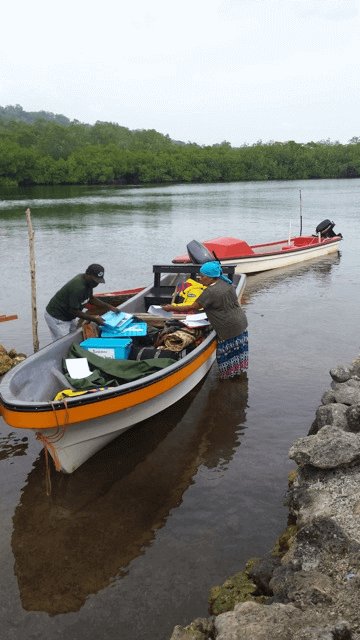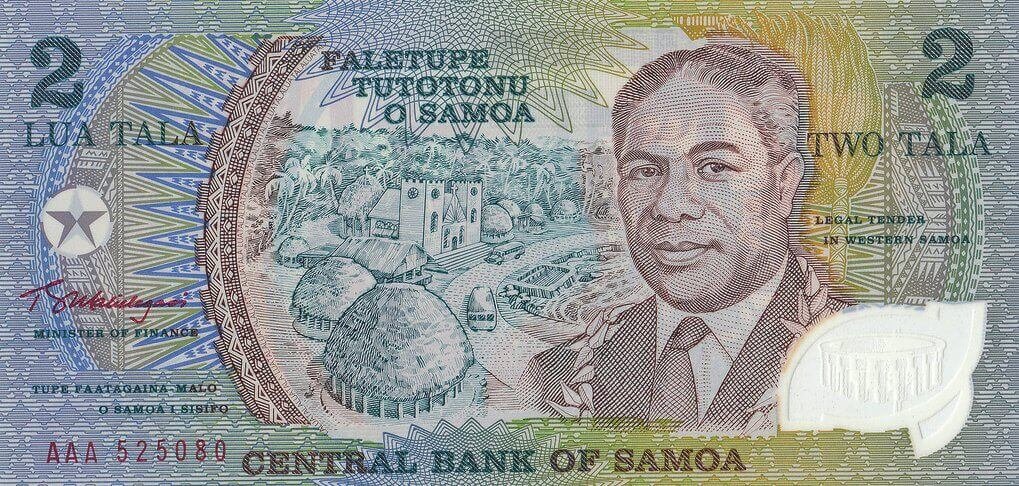The challenge
In recent years, much work has been undertaken to better understand needs and issues related to access to justice in the Solomon Islands. As part of work led by the Solomon Islands Ministry of Justice and Legal Affairs (MJLA), the Access to Justice in Solomon Islands Initiation Project Plan was designed to lay the foundation for future long-term support through providing insights into perceptions of justice, the factors shaping access to justice, and the costs embedded in current justice processes in the Solomon Islands.
In 2019, Sustineo delivered the Access to Justice Solomon Islands Survey with the purpose of better understanding justice needs in Solomon Islands. It aimed to do this by identifying and quantifying the challenges that affect people’s access to justice services and ultimately informing programming decisions made between MJLA and UNDP.
Our approach
Sustineo employed a highly consultative approach in leading the design and implementation of this mixed-methods research project. To achieve a cohesive approach, the team integrated multiple survey types and qualitative methods. The main method was the Access to Justice Survey, a nationally representative survey of 2,633 randomly identified respondents across 30 locations in Honiara and all provinces of the Solomon Islands, to capture perceptions and experiences related to accessing justice. This was complemented by Cost of Seeking Justice Surveys, which included three separate surveys targeting Survivors of Domestic Violence (20 respondents), Customary Land Rights Holders (28 respondents), and Defendants on Remand (25 respondents), investigating the costs related to their experience with the justice sector. Additionally, nine focus group discussions with women, men, and people with disabilities across Honiara, Central Province, and Malaita Province provided further nuance to the survey results.
Critical to Sustineo’s approach were proactive steps to promote social inclusion and mitigate potential ethical risks. A socially inclusive approach to research design and conduct was employed, with particular emphasis on gender, age, and people with disability. This approach was developed in collaboration with UN partners, the Family Support Centre (FSC), and People with Disability Solomon Islands (PWDSI). Given the ethical risks to respondents with justice-related experiences, Sustineo implemented an Ethical Risk Mitigation Strategy that guided recruitment and engagement with FSC, PWDSI, the Public Solicitor’s Office, and Correctional Services Solomon Islands. The approach was approved by the Solomon Islands Health Research and Ethics Review Board (Research Project No. HRE001/19; 21 February 2019).
During the design phase, Sustineo played a lead role in refining the data collection instruments to ensure they were fit for the Solomon Islands context and culture. The refinement, translation, and validation process was undertaken in close consultation with a local team of researchers to ensure maximum relevance of questions to the study’s aims. The survey was implemented in Solomon Islands Pijin by three local research teams using tablet-based technology. Overall, Sustineo successfully mobilised over 30 Solomon Island research staff to implement the project, embedding appropriate supervision and quality assurance measures to ensure high-quality data collection.
Outcome
Sustineo’s approach to project design, implementation, and analysis ensured the delivery of high-quality reports that were fit for purpose and aligned with the broader work of UNDP. The project contributed important insights into the perceptions and experiences of Solomon Islanders relating to the justice system and complemented the work of other UNDP contractors. Sustineo produced separate technical and summary outputs, clearly communicating both the depth of findings (Technical Report) and the higher-level policy and programme-oriented recommendations (Summary Report). Effective use of data visualisation techniques resulted in accessible outputs for non-technical audiences. The project’s findings informed the design of future UNDP programmes related to access to justice, and Sustineo’s emphasis on disability inclusion contributed to UNDP recruiting a full-time employee focused on disability issues within the justice sector.


